Open Heart Surgery vs. TAVR: A Comparative Analysis
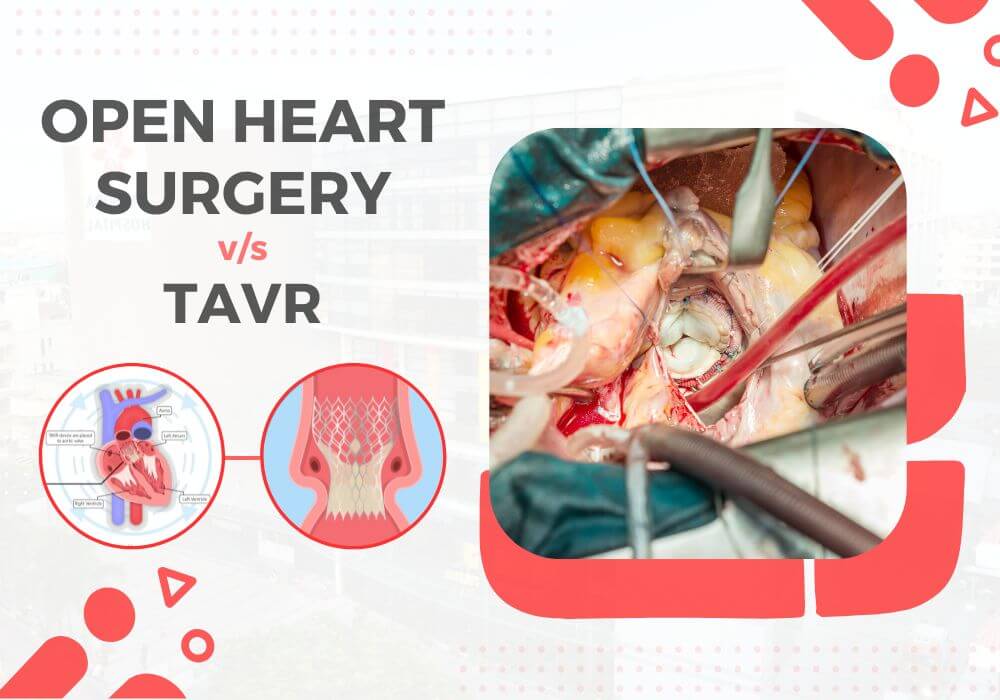

When it comes to treating aortic valve stenosis, two significant procedures stand out: open heart surgery and transcatheter aortic valve replacement (TAVR). Although both methods target the same condition, they differ significantly in their approach, invasiveness, and associated risks.
In this blog post, we’ll delve into the details of open heart surgery and TAVR, exploring the overall procedures, benefits, and risks involved.
Open Heart Surgery: Traditional and Time-Tested
Open heart surgery, also known as surgical aortic valve replacement (SAVR), has been the go-to treatment for aortic valve diseases for several decades. This procedure involves the following steps:
- Anesthesia: Patients receive general anesthesia to ensure they remain unconscious and pain-free throughout the procedure.
- Incision: A long incision is made in the chest, typically along the sternum (breastbone), to expose the heart.
- Heart-Lung Bypass: To divert blood flow away from the heart and lungs, the patient is connected to a heart-lung machine. This device temporarily takes over the heart’s pumping and oxygenation functions.
- Aortic Valve Replacement: The damaged aortic valve is surgically removed, and a new prosthetic valve, made of either biological or mechanical materials, is implanted in its place.
- Closing Incision: After ensuring the proper functioning of the new valve, the surgeon closes the chest incision with sutures or staples.
The benefits of open heart surgery include:
- Durability
- Customizability
- The possibility of multivalve repair
Also, for patients with complex valve conditions or previous valve replacements, open heart surgery is the preferred option, as it allows for more comprehensive interventions. However, open heart surgery isn’t without risks. Common risk factors include blood loss, infections, and longer recovery time.
Transcatheter Aortic Valve Replacement (TAVR): A Less Invasive Alternative
TAVR is an innovative and less invasive alternative to open heart surgery, primarily designed for patients deemed high-risk or ineligible for traditional surgical approaches. Any TAVR expert in India will usually follow these steps:
- Anesthesia: TAVR is typically performed under conscious sedation or general anesthesia, depending on the patient’s condition and the medical team’s preferences.
- Catheter Insertion: A small incision is made in the groin or chest, through which a catheter is guided to the site of the diseased aortic valve.
- Valve Placement: The replacement valve, compressed on a balloon, is positioned within the existing valve and then expanded, pushing the old valve aside.
- Valve Function and Catheter Removal: The new valve’s functionality is assessed, and once deemed satisfactory, the catheter is carefully removed. The incision site is then closed with sutures or adhesive.
The minimally invasive nature of TAVR eliminates the risks and complications, such as bleeding and infections, associated with open heart surgery. The recovery time is faster, and the procedure is better suited for high-risk patients with comorbidities.
Nevertheless, TAVR isn’t fail-safe. Common risk factors include:
- Valve Leak: Although rare, there is a slight risk of valve leakage or misalignment during TAVR, which may necessitate further intervention or monitoring.
- Vascular Complications: Since TAVR involves the insertion of a catheter, there is a small risk of damage to blood vessels, potentially causing bleeding or other vascular complications.
- Stroke: Although the incidence is low, the manipulation of catheters during TAVR can potentially dislodge plaque or blood clots, leading to a stroke.
- Limited Valve Options: TAVR currently offers a narrower range of valve sizes and types compared to open heart surgery, which can limit the suitability for certain patients.
The good thing is that you can avoid these complications by reaching out to the best TAVR expert in India.
Conclusion
Open heart surgery and TAVR are two distinct approaches to treating aortic valve stenosis. Open heart surgery remains the gold standard for its durability and versatility in addressing complex cases. On the other hand, TAVR presents a less invasive alternative, particularly beneficial for high-risk patients and those who cannot undergo traditional surgery.
Ultimately, the choice between the two procedures should be based on an individual patient’s condition, preferences, and the expertise of the medical team involved. Consultation with a vascular surgeon and TAVR expert in India or abroad is crucial in determining the most appropriate treatment option for aortic valve diseases.
Dr. C Raghu is one of the best cardiologists in India, specializing in interventional procedures like angioplasty in the heart and TAVR. If you or anyone you know is looking for the best heart surgeon in Hyderabad, feel free to consult with Dr. Raghu today.
Book Online Consultaion
Open Heart Surgery vs. TAVR: A Comparative Analysis
Subscribe the Hearty Life Blogs

DR. RAGHU | Best Cardiologist in Hyderabad
Cardiology Coronary, Vascular and
Structural Interventions
Conditions & Diseases
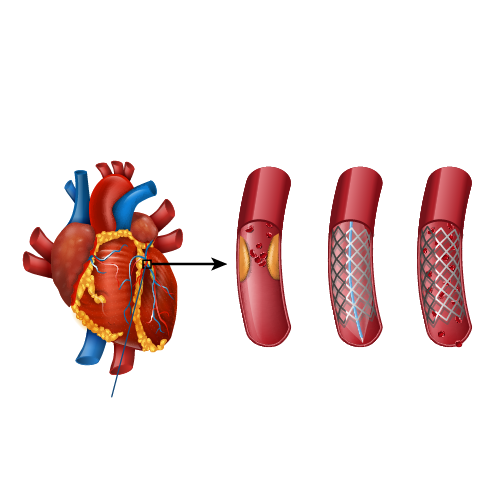
Angioplasty
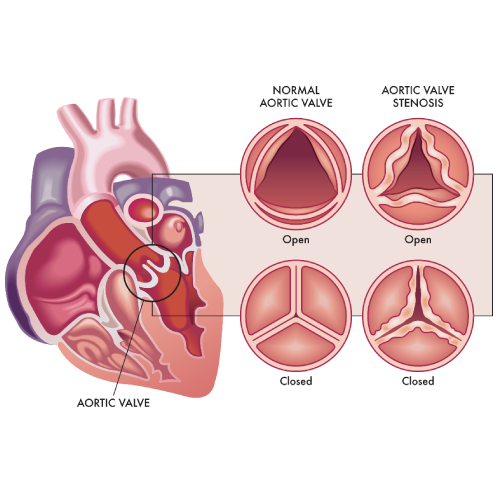
Aortic Stenosis
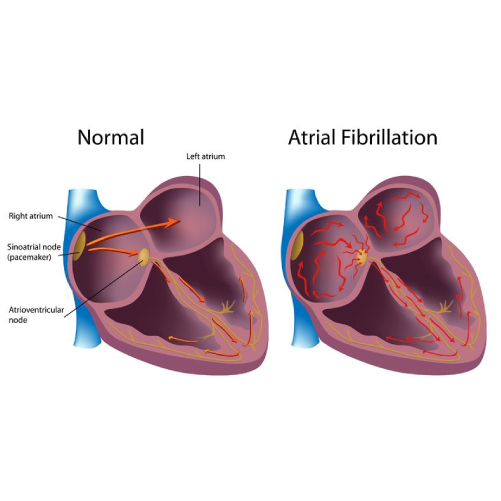
Atrial Fibrillation
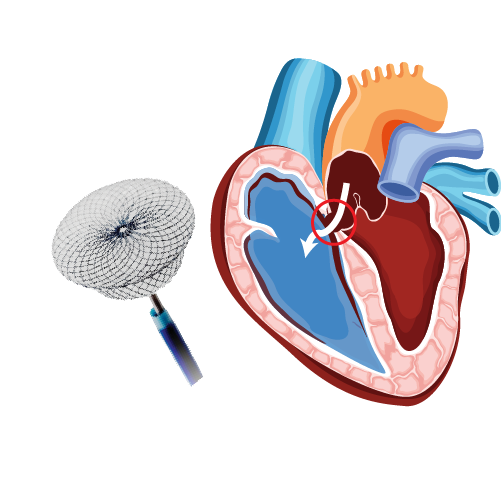
Atrial Septal Defect
Conditions & Diseases

Angioplasty

Aortic Stenosis

Atrial Fibrillation


